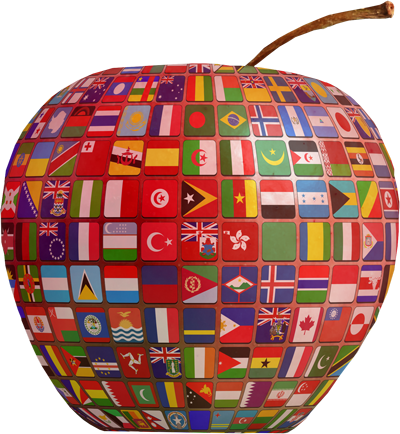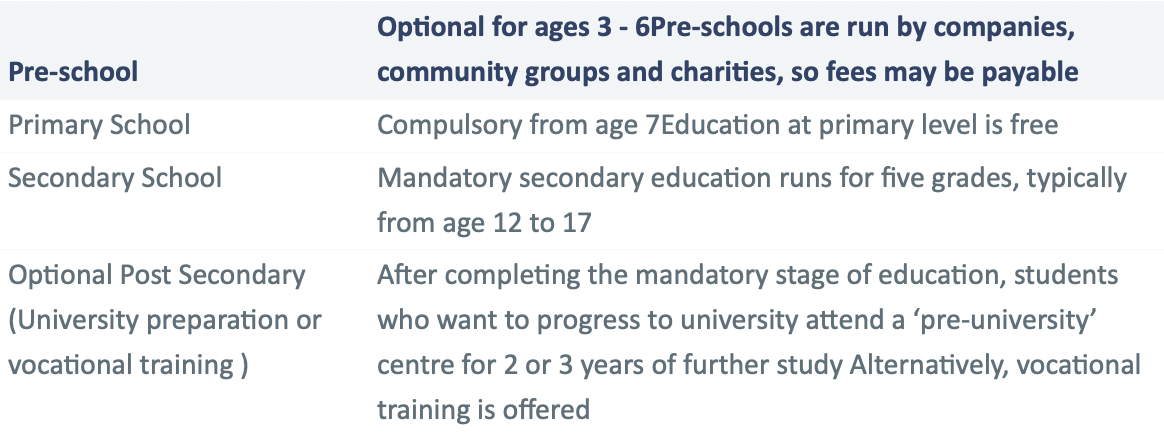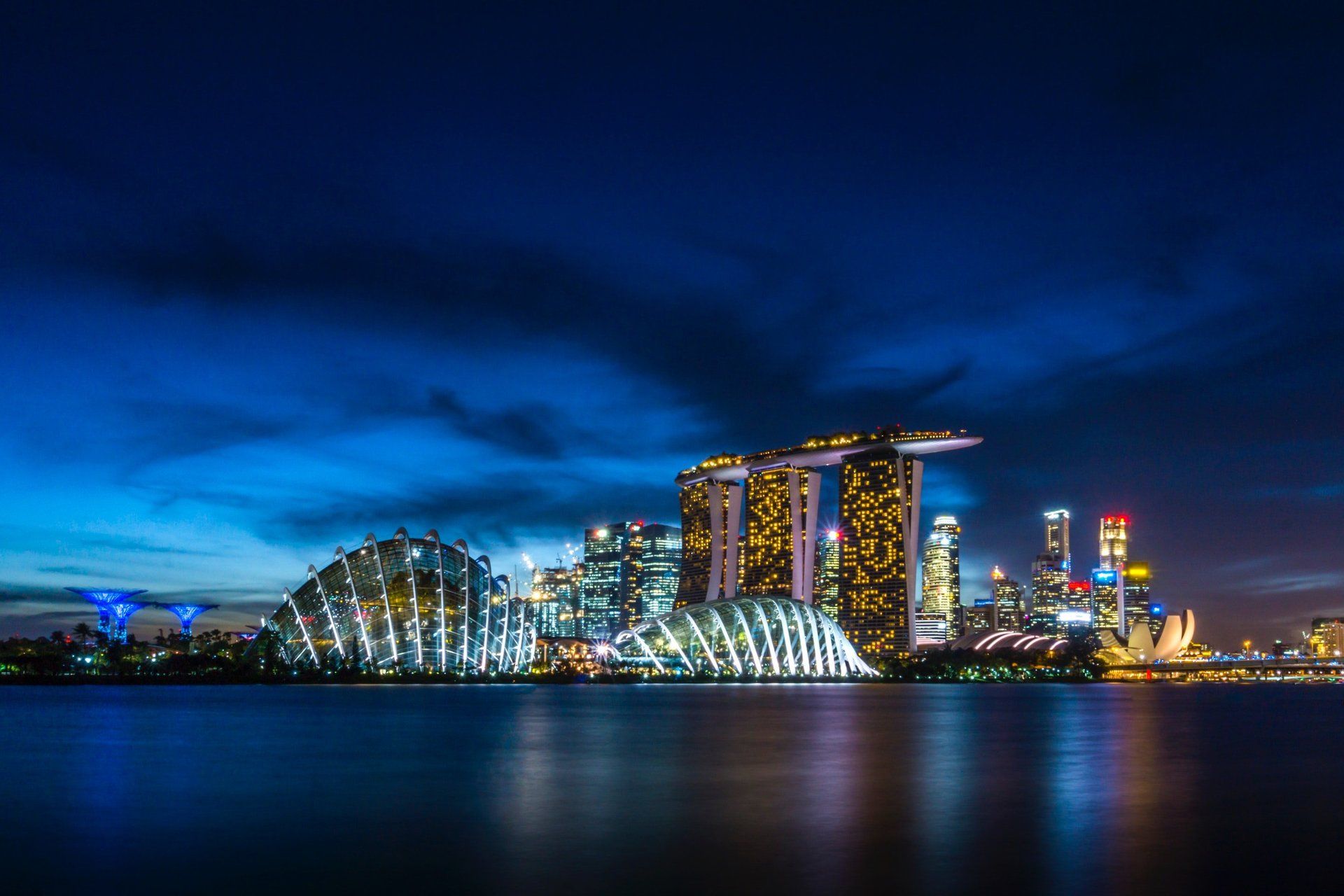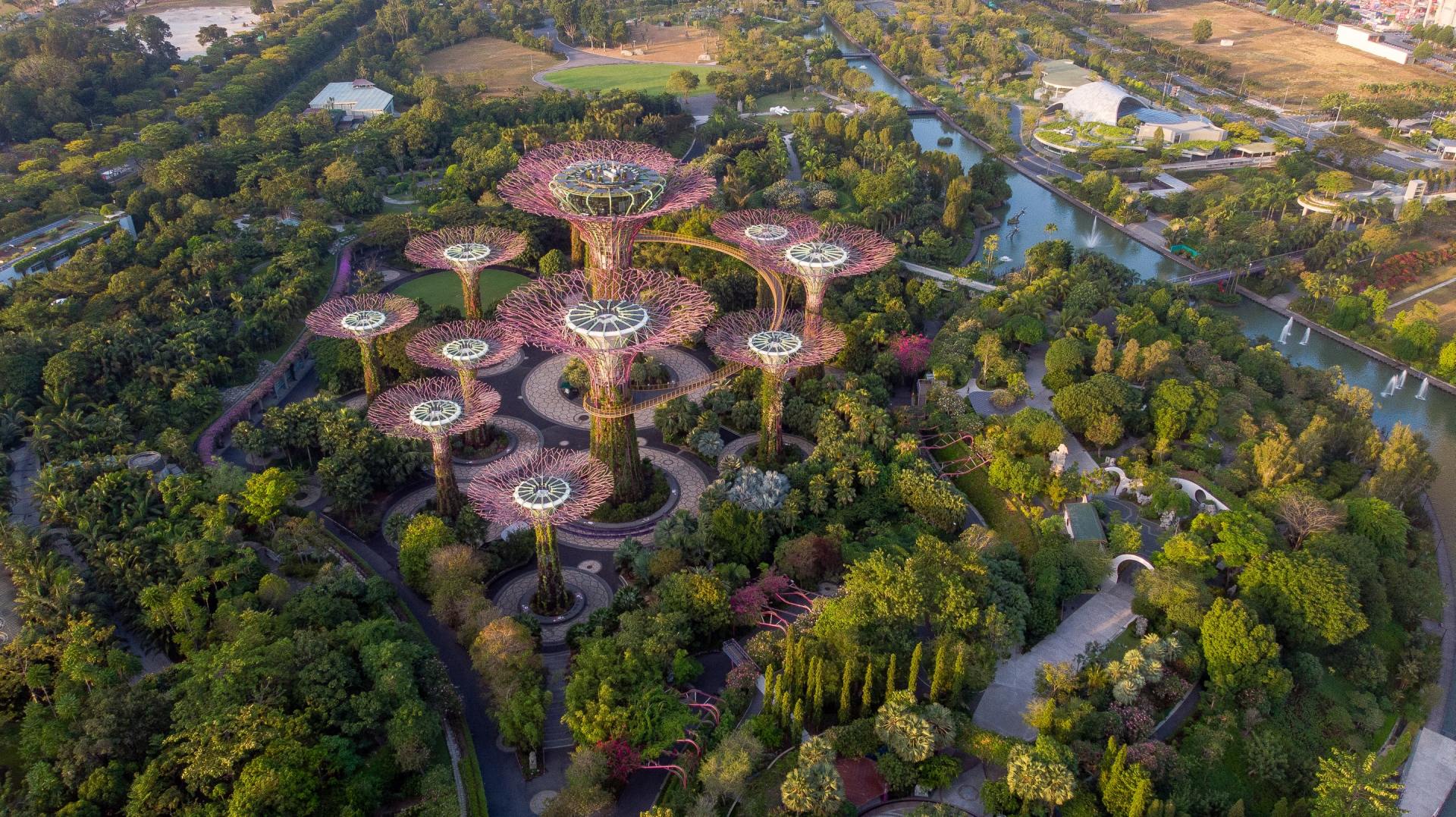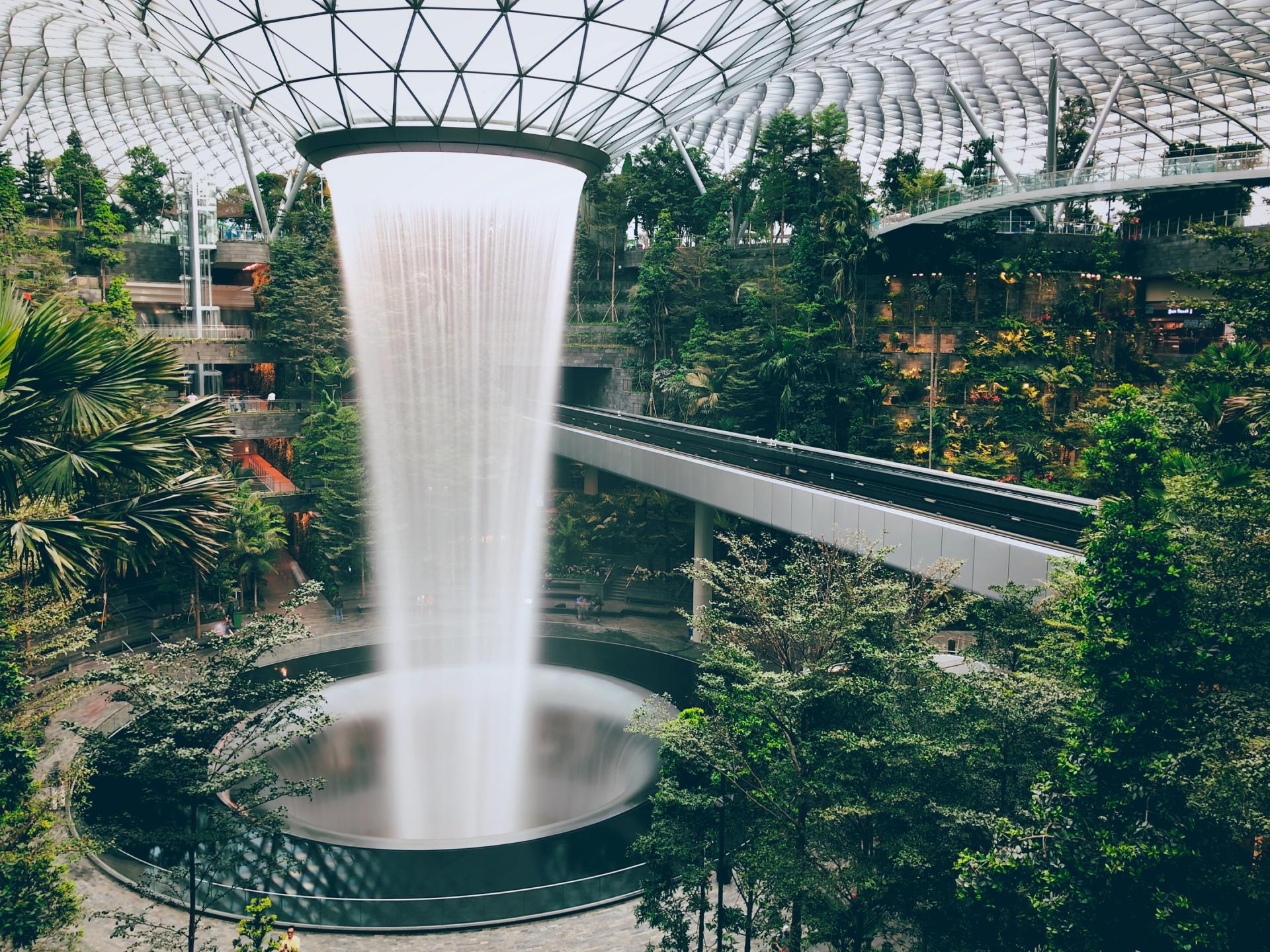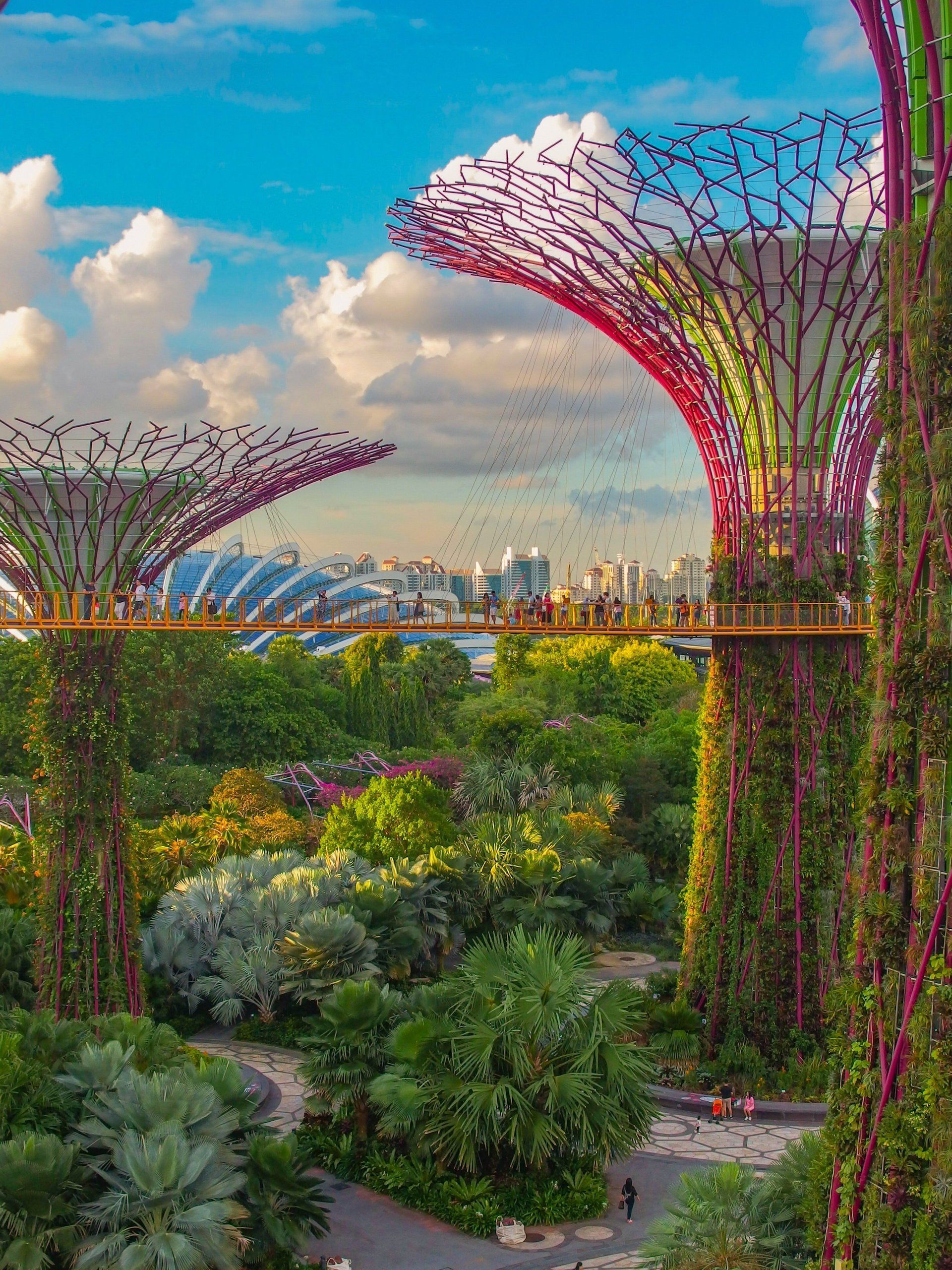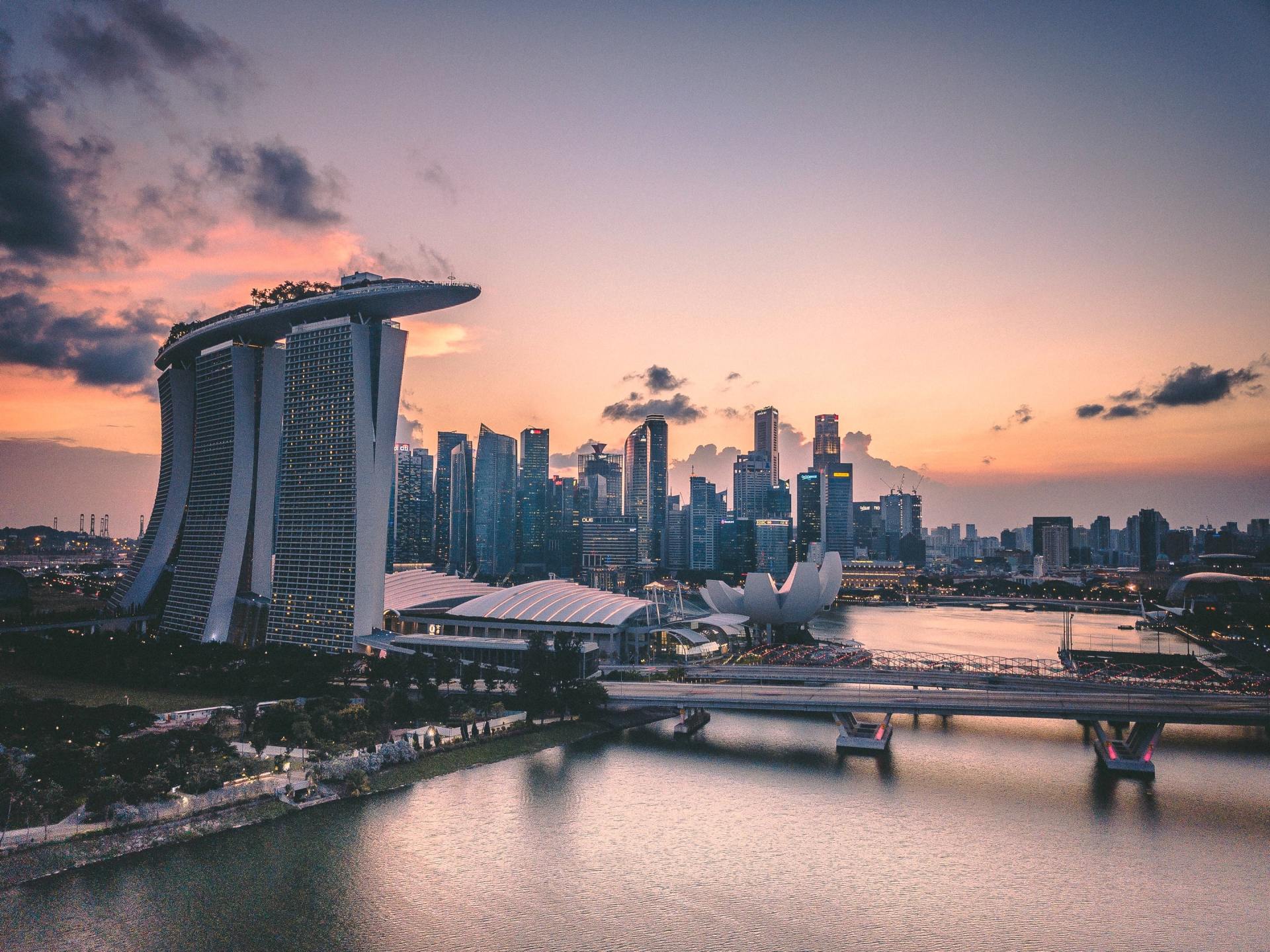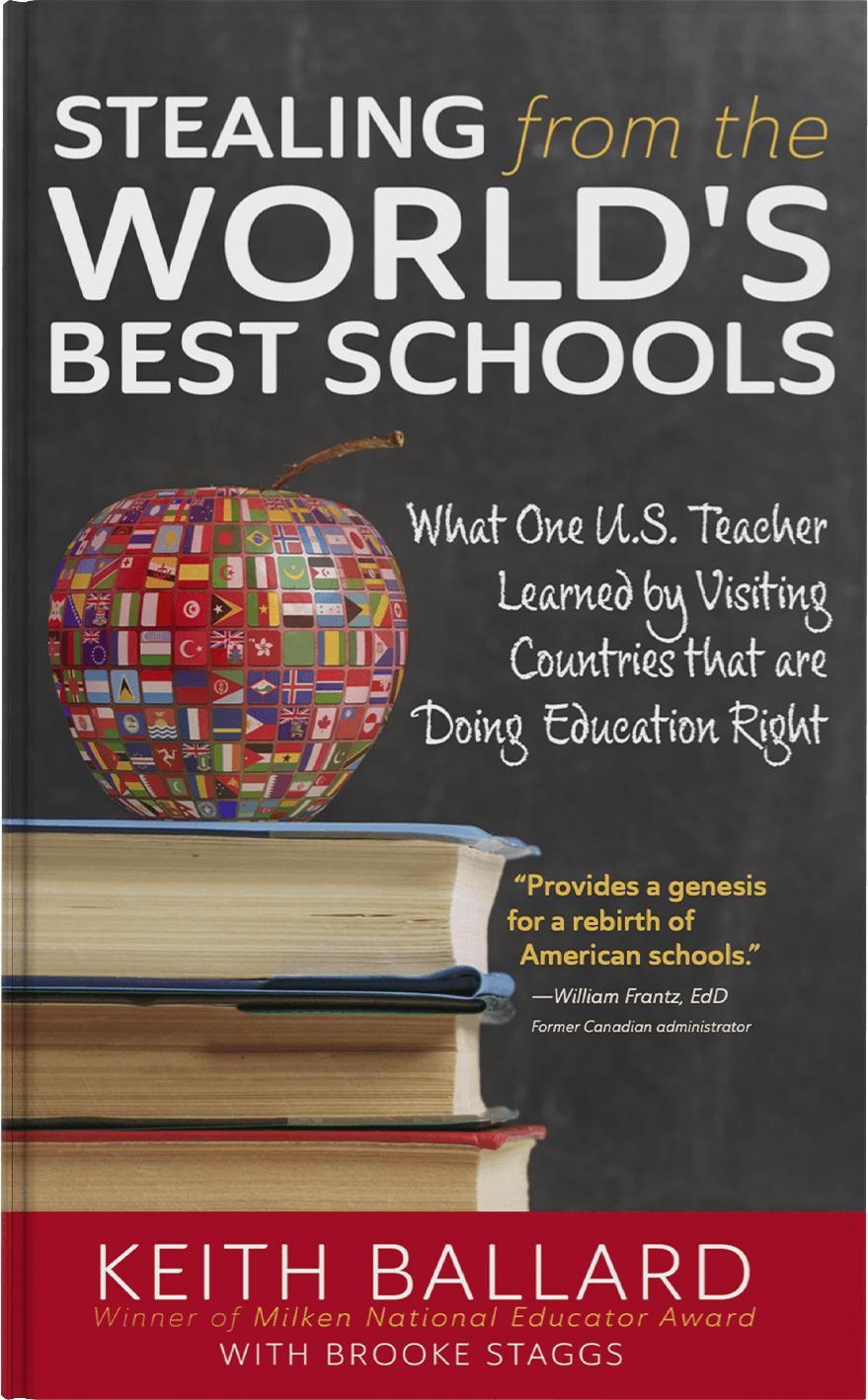Education in Singapore has been receiving a lot of praise. When Singapore gained independence from the British, it was a low skill labor-driven market. However, over a period of 50 years, the government managed to create an incredibly advanced education system, where graduates went on into highly skilled jobs. How did this happen?
A Success Story: Education in Singapore
In 2015, the Organization for Economic Cooperation and Development (OECD) rated Singapore as having the best education system in the world. OECD director Andreas Schleicher says that students in Singapore are especially proficient in math and the sciences. In English, the average Singaporean 15-year-old student is 10 months ahead of students in western countries and is 20 months ahead in math. Singaporean students also score among the best in the world on international exams.
Education in Singapore is superior because the classes are focused on teaching the students specific problem solving skills and subjects. The classroom is highly scripted and the curriculum is focused on teaching students practical skills that will help them solve problems in the real world. Exams are extremely important and classes are tightly oriented around them.
Authorities in Singapore are also constantly trying to reevaluate and improve the education system.
Recently, many students have reported rising levels of overstress and psychological problems brought on by academic rigor. In response, Singapore has stopped listing the top-scoring student on the national exam in order to ease some of the pressure students may feel. The country has also incorporated a strategy called Teach Less, Learn More, which encourages teachers to focus on the quality of education, not the quantity.
Another reason the education in Singapore is so excellent is simply the Singaporean culture. Parents play a crucial role in their child’s education. The “talent myth,” which states that some kids are naturally smarter than others, is non-existent in Singapore. A local newspaper, The Straits, reported that 70 percent of parents sign their children up for extra classes outside of their regular school hours. In local bookstores, over half of the store is dedicated to educational material.
The education system in Singapore is, in many ways, superior to the education system in the Western world. This is largely due to the country’s culture and first-rate educational leadership. Singapore has a lot to teach the rest of the world; if other countries would adopt some of Singapore’s strategies, there would surely be improvement in education around the globe.
– Bruce Edwin Ayres Truax
One important decision, if you’re moving to Singapore with family, is how to ensure your children have the best possible education. Luckily, you're headed to the right place, as students in Singapore attained the highest marks in the PISA student assessments in 2016, across all subjects tested. Of course, the standard and levels of attainment vary across different schools, but you won't struggle to find a great school for your children in Singapore.
If you’re considering your options, you can compare the standard of education in Singapore with that available in your home country, with the PISA assessment framework from the OECD.
Whether you’ve already got your Singaporean work visa, and have your move fully planned - or are just starting to think about life overseas, it helps to know a little about the education options in Singapore.
Here's a quick guide to get you started.
The Singapore education system
Pre-school is offered from age three, in Singapore, with primary schooling from the age of around seven. After primary school, children move onto secondary school, which runs for students aged from around 12, to 16 or 17. To go to university, teenagers must attend a two or three year preparation course, which is optional, with places awarded on merit. Schooling in Singapore is structured in a fairly complex way, with many different school types, although the Ministry of Education does provide a handy road map to explain your options.
In the Singaporean system, English is the language of instruction for most subjects, although all students from a very early age will also study their ‘mother tongue’ language, and often other languages which are commonly used in the region.
Pre-School
Full details of how to enrol your children in Singaporean school at any age, is available on the Ministry of Education website. Places are available for children aged between around three and six, with fees often payable. Pre-schools are operated by community groups and charities as well as independent companies.
The cost of pre-school varies enormously, and the best schools are oversubscribed. To give an example, the monthly fee for the government run MOE kindergarten is SGD 320 for a Singapore Permanent Resident. Some preschools offer financial assistance with fees for families who need it.
Primary School
From the age of six it’s compulsory to attend primary school in Singapore. This stage of schooling is provided free of charge, and there are penalties for parents who don't comply. If you want to homeschool your child, or have them attend a religious institution which isn't managed by the ministry of education, you have to apply for permission to do so from the authorities.
Primary school lasts for sixth grades, split into a four year foundation period, and two years of ‘orientation’ to prepare children for secondary education. The main aim of the primary years is to grasp English language, the local mother tongue, and math. Students can select subjects which play to their strengths beyond these core areas.
Secondary School
The compulsory stage of secondary education lasts for four or five years. At the end of this period, all students take an exam, and can then choose to continue to pre-university education if they score well. Pre-university education consists of a two or three year course which is specifically tailored to students who wish to attend university. Places are awarded on merit and are fiercely competitive in the best institutions.
The alternative is to continue with ‘post-secondary’ education at a technical institute or polytechnic, which is aimed at developing more vocational skills. There’s a wide range of institution types, which students can choose, all handily described on the Ministry of Education website.
What’s the typical school calendar and hours?
The school year in the Singaporean state system is arranged into semesters. The first semester typically runs from January through to May, with a vacation to follow. Then from July you have the second semester, which runs until a break in November and December. There’s also a shorter break in the middle of each semester.
It’s worth noting that this calendar applies to state schools only - in private and international schools the western standard calendar, with a long summer break and several weeks vacation at Christmas, is far more likely to be adopted.
What’s the cost of education?
Although education in Singapore is free, all families must pay small ‘miscellaneous’ fees, which are explained by the Ministry of Education. These fees are fairly small for public schools, but don't necessarily cover additional costs for things like uniforms, transport and school materials. Independent schools, even if part government funded, can charge fees beyond the small amounts seen in the public school system. If you do not choose the state system and decide to find a fully private or international school, the costs are higher.
Singapore has a huge range of international schools, teaching in English and other major world languages. Schools might use the International Baccalaureate syllabus, or a variant of another national curriculum such as the American core or Australian standard curriculum. International schools are generally of a high standard, and therefore typically competitive, with testing and interviews to secure admission. You can expect the fees to vary widely depending on the specific school and the programme they offer. Fees of anything from USD 15,000 to USD 30,000 a year aren't uncommon, with extras such as registration fees, deposits and technology costs added on top.
Singapore is a fantastic place for expats, and the schooling there is truly world class. However, whichever education route you decide is best for your family, there will be costs involved, and you don’t want to pay more than you have to.
Sources:
https://borgenproject.org/why-education-in-singapore-is-so-good/
VIDEO GALLERY
A few highlights from Keith's travels to Singapore.
Share Page
STEALING FROM THE WORLD'S BEST SCHOOLS
What One U.S. Teacher Learned By Visiting Countries That Are Doing Education Right.
